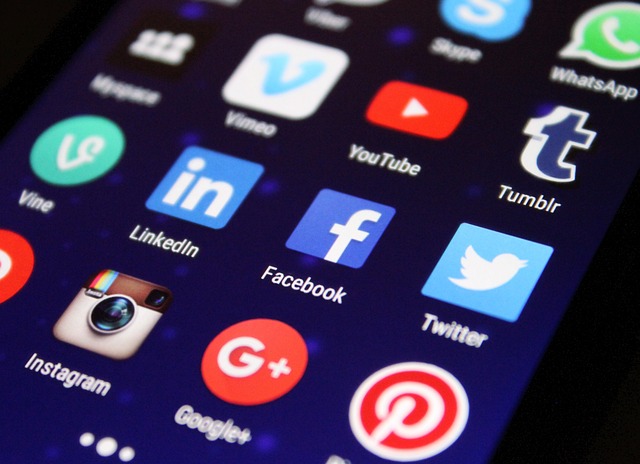In today’s digital landscape, the pervasive influence of social media is undeniable. While these platforms connect us, entertain us, and often serve as our primary source of information, they also have a darker side that deserves serious social media evaluation.
Consider this: On average, people spend over two hours a day scrolling through social media feeds. This reality raises questions about the impact such engagement has on our mental health and overall well-being. The aim of these platforms is to keep us glued to our screens, often in a paradoxical chase for likes, shares, and followers. What begins as a simple interaction can spiral into compulsive behavior, leaving many people feeling drained and unsatisfied.
The impact of social media on our psyche can be profound. It can warp our perception of reality, setting unrealistic standards that leave us feeling inadequate. Studies have shown that heavy use of social media is correlated with increased anxiety and depression. The constant comparison to curated lives can trigger feelings of isolation and inadequacy. With each notification, our brains release dopamine, a chemical associated with pleasure and reward, creating a cycle of dependency that can be hard to break.
Furthermore, the algorithms employed by social media platforms are designed to capture our attention for as long as possible. These algorithms analyze our behaviors and preferences, curating a digital experience tailored to keep us engaged. This tailored nature can initially feel rewarding, but it often leads us down a rabbit hole of overstimulation and distraction, exacerbating feelings of anxiety.
What’s more, the instantaneous validation we receive through likes and comments can be both addictive and damaging. Social media becomes a playground for our self-worth, where our value is measured by the number of followers we have or the amount of engagement our posts receive. This dependency can shift our focus from genuine human interactions to a superficial digital existence.
As we evaluate the implications of our social media usage, it’s essential to recognize the signs of addiction. Are you reaching for your phone first thing in the morning? Do you feel anxious when you’re away from your devices? If the answer is yes, you may be experiencing the grips of social media addiction. Acknowledging this can be the first step toward reclaiming your time and peace of mind.
The solution isn’t to abandon social media entirely but rather to redefine our relationship with it. Setting boundaries, such as limiting screen time or scheduling social media-free times, can foster healthier habits. Additionally, being mindful of the content we consume—favoring positive and inspiring messages over negative and divisive ones—can significantly alter our online experience.
Ultimately, a thoughtful and conscientious social media evaluation is critical in navigating the complexities of our digital lives. The quest for connection is human, yet it must be balanced with a mindful approach to how we interact with the virtual world.



